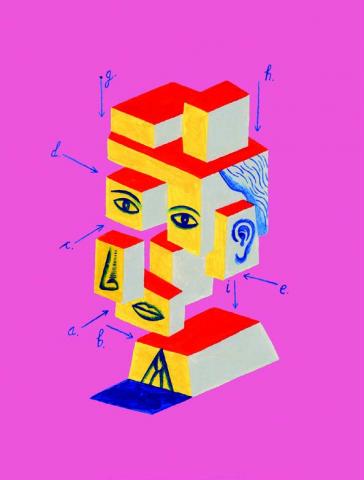Project PEAK - Treating Young Children with ADHD

The American Academy of Pediatrics recommends behavior therapy support as a first line of treatment for preschool-age children with attention deficit hyperactivity disorder (ADHD). But limited availability of clinicians, cost, transportation and child-care challenges—and reliance on pharmacological drugs—mean few families are able to access such therapy for their children.
Two Lehigh professors hope to expand access to behavior therapy for young children through research, published in the Journal of Clinical Child & Adolescent Psychology, that found relatively brief periods (about 15 hours) of education and support to parents can lead to significant improvements in parent knowledge of behavior management strategies and in children’s behavior regulation.
The study, Face-to-Face vs. Online Behavioral Training for Young Children At Risk for ADHD: Treatment Engagement and Outcomes, also found that online delivery of parent education is as effective as face-to-face delivery—a potential savings in time and cost to families.
George DuPaul, professor of School Psychology, and Lee Kern, professor of Special Education, conducted the research with a $1.2 million grant from the Institute of Education Sciences. Through their Project PEAK (Promoting Engagement for ADHD Pre-Kindergartners), they developed a streamlined behavioral parent therapy training program in both face-to-face and online formats. The training taught strategies, such as emphasizing praise and positive reinforcement over punishment, to help children change behaviors.
Children whose parents received training in the study showed improved behavior (less impulsiveness, greater self-control) and parents showed improvement in knowledge and practice of recommended intervention strategies.
“We were very encouraged by the fact that online parent education was as effective as face-to-face parent education as this may improve accessibility of parent education for this population,” DuPaul said. The findings also will be useful for those who interact with young children at-risk for ADHD, from mental health professionals and pediatricians to preschool teachers and early childhood education professionals.